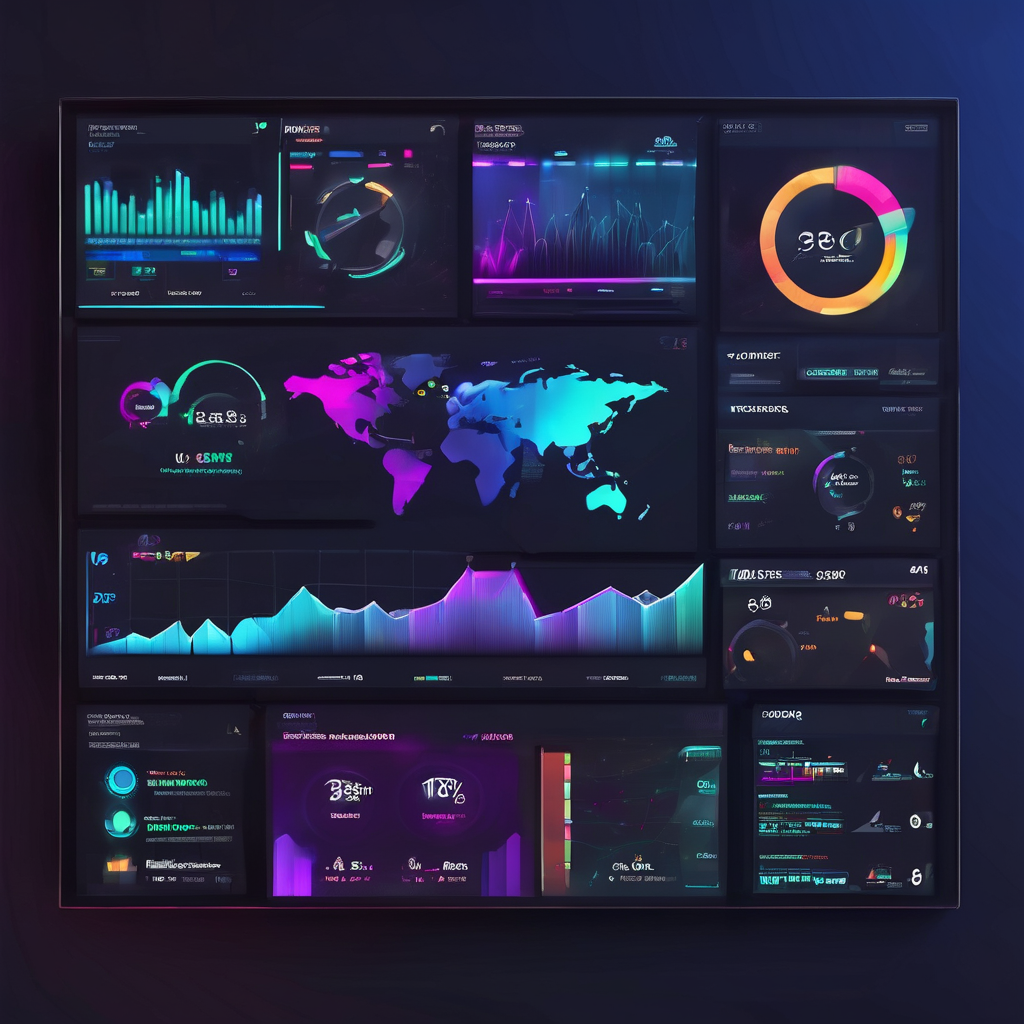
CIOs struggling to implement generative AI effectively may need to reconsider their approach to technology introduction and strategy development. According to recent research from the Massachusetts Institute of Technology (MIT), IT leaders should adopt distinct strategies for deploying productivity-focused AI tools and business-driven AI solutions. The MIT Center for Information Systems Research (CISR) highlighted in its report, “Managing the Two Faces of Generative AI, ” that AI tools—like ChatGPT and Microsoft Copilot—are primarily aimed at enhancing productivity, while more complex AI solutions focus on achieving significant financial returns through process transformation. Success in utilizing both requires appropriate deployment strategies and realistic expectations. A common pitfall for IT leaders has been applying a one-size-fits-all approach, overlooking the value of familiarizing employees with AI tools. As employees gain comfort with simple AI applications, they can develop skills that lead to innovation and readiness for more advanced solutions. However, establishing clear guidelines is crucial, particularly given that some AI tools may utilize company data. Training is also essential for these tools to act as gateways to more sophisticated initiatives.
Research scientists emphasize the importance of ensuring that experimentation with generative AI is done safely and under trusted guidelines, especially with many tools available publicly. In contrast, AI solutions require strategic planning and governance. For instance, integrating a large language model (LLM) into a customer service setting needs structured processes and transparency in AI innovation. Establishing a governance framework and engaging stakeholders early can help organizations avoid a disjointed approach to generative AI deployment. Overall, while AI tools enable quick productivity boosts, AI solutions need comprehensive, cross-functional collaboration for successful implementation. The foundational technologies may be similar, but their applicative contexts differ markedly, with tools serving as preliminary steps towards the adoption of more intricate AI solutions in the future.
Effective Strategies for Implementing Generative AI in Organizations


C3.ai, a leading enterprise artificial intelligence software provider, has announced a major restructuring of its global sales and services organization to boost operational efficiency and better align resources with long-term growth goals.

Snack manufacturer Mondelez International is utilizing a newly developed generative artificial intelligence (AI) tool to drastically cut costs in marketing content creation, achieving a 30% to 50% reduction in production expenses, according to a senior company executive.

South Korea is poised to make a major advancement in artificial intelligence by planning to build the world’s largest AI data center, with a power capacity of 3,000 megawatts—about three times larger than the existing "Star Gate" data center.

In August 2025, OpenAI announced a major milestone: ChatGPT, its advanced conversational AI platform, had reached an impressive 700 million active weekly users.

Krafton, the well-known publisher behind popular games like PUBG and Hi-Fi Rush, is undertaking a bold strategic transformation by integrating artificial intelligence (AI) into almost every aspect of its operations.

The rise of AI-generated video content has sparked significant discussion in the digital media industry, bringing urgent ethical concerns to the forefront.

Artificial intelligence (AI) is becoming an essential tool for improving user experience and engagement through advanced search engine optimization (SEO) techniques.
Launch your AI-powered team to automate Marketing, Sales & Growth

and get clients on autopilot — from social media and search engines. No ads needed
Begin getting your first leads today